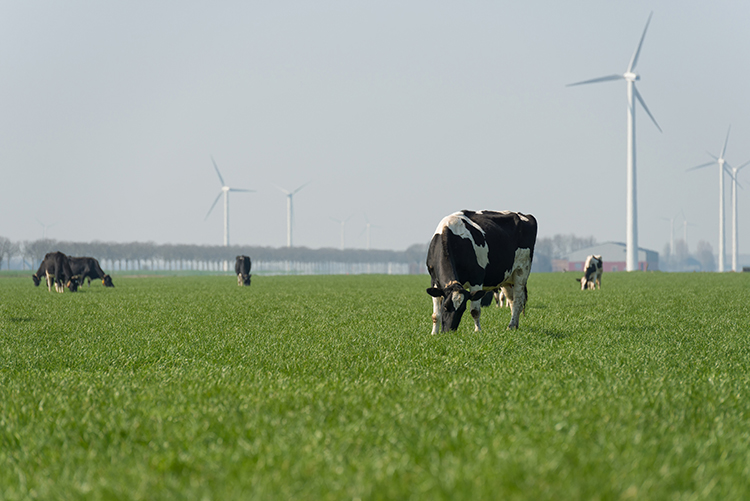
Change can be difficult, and some producers may worry that global efforts surrounding sustainability will force changes to current farming practices. However, it is better to look at consumers’ growing interest in environmental issues as an opportunity for agriculture, especially for dairy.
“Think about sustainability not as a great evil or as a death by a thousand cuts,” said Jay Waldvogel, senior vice president of strategy and global development for Dairy Farmers of America. “Think of it as a place for dairy to move from a commodity back to a value-added position.”
During a panel discussion at the Professional Dairy Producers of Wisconsin’s Business Conference held last week in Wisconsin Dells, Wis., Waldvogel said that dairy has been stuck in a “make more milk and make it cheaper” mentality for a long time. Meanwhile, dollars and shelf space are being spent on dairy alternatives because consumers connect with those products’ stories and are willing to pay for it.
Waldvogel said that consumers, customers, and the government are all focused on a more sustainable future and are willing to put money toward it. “This is our once-in-a-generation chance . . . to actually change the perception of dairy back to value,” he said.
Sustainability is not a bad word
Waldvogel reminded the audience that the definition of sustainability is ever-changing.
“Sustainability is subjective, relative, and perpetually evolving,” he said. “Be open-minded about what it means. It is never going away, but it will never be perfectly defined. This is something you have to embrace.
Dairy is the single biggest commodity in the world by value, and with 1 billion people making a living off dairy globally, Waldvogel said our industry is perfectly positioned to solve many of the planetary and societal concerns that consumers have, from global warming to animal welfare to water quality.
“Dairy has the scale and potential to address these issues,” he explained. “The sheer size of what we do, and the fact that we have not been great at it in the past, means we can be honest about how we can improve. You don’t have to hide where you are at, just embrace where you can get to.”
He said to be proactive and honest with consumers, and be flexible when the definition of sustainability changes. Overcommunicate what you are doing on your farm to reach these goals, as consumers want to hear your stories.
“It’s in our best interest to make sure the globe sees dairy as good,” Waldvogel said. “When we show consumers around the world that dairy can be responsible and sustainable, and when the world wants more dairy, we win,” he added.
“Sustainability may change, but in the end, it is something we want to get to,” Waldvogel reminded. “Dairy can win, and sustainability is not a bad word. You just have to embrace it and run toward the positive.”








